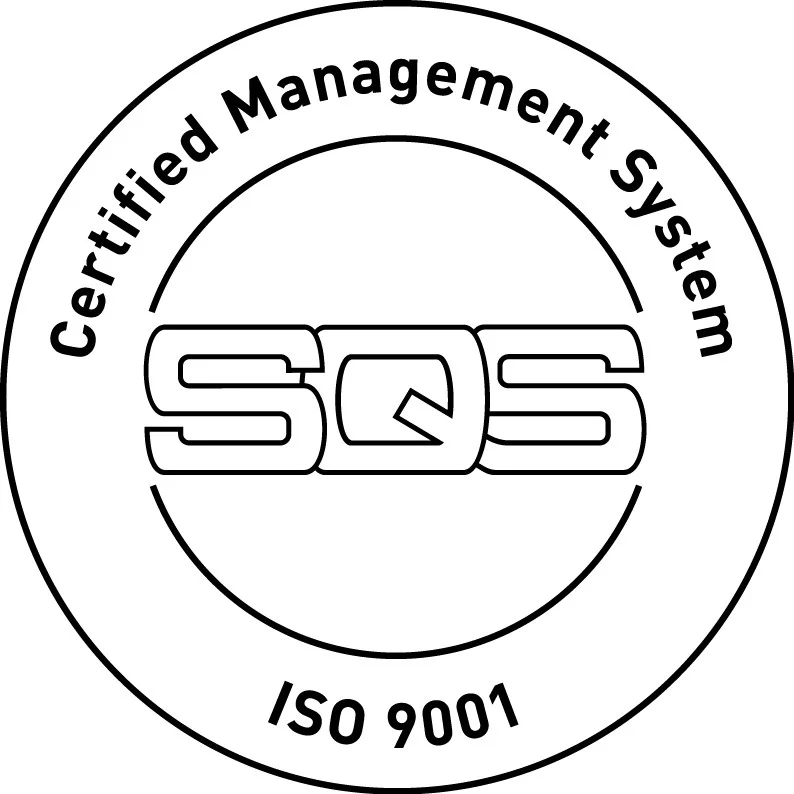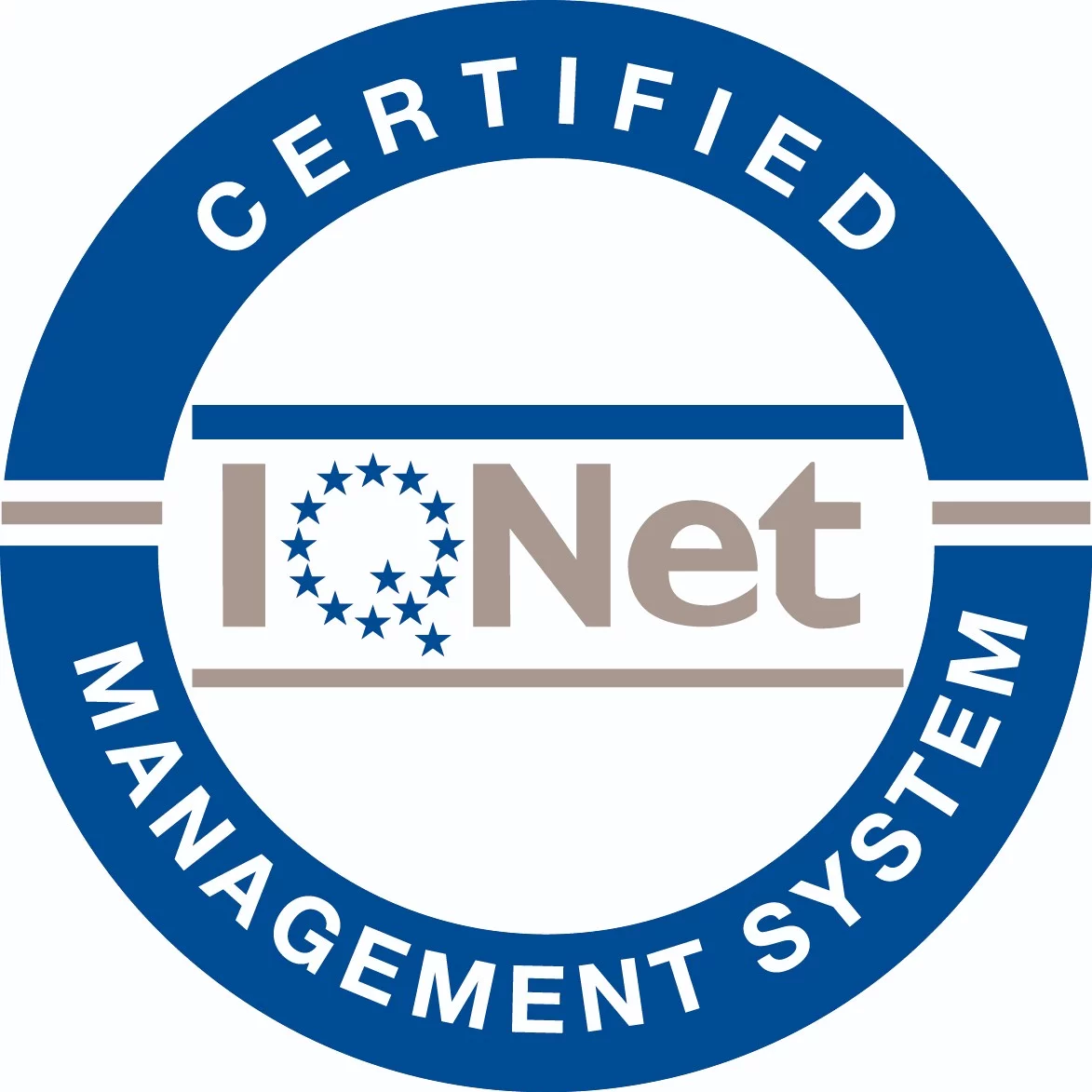Scope
Within its fields of expertise, a key mission of STARS as a TSO unit is to provide support, referred to as "Scientific Support", to its current (or new) customers/partners.
Being part of PSI, the STARS support is however only offered under the principle of strict independancy and always on a non-profit non-commercial basis. Under these conditions, support can be provided in relation to any question of interest/relevance to customers/partners even if the primary areas where STARS offers specialized services are:
- Cross-checking and independent audit calculations using the Swiss Simulation Platform codes and/or methodologies;
- Reviews of e.g. new methodologies or testing and verification of new specific methods/models;
- Special studies related to safety or operation as well as storage/transport applications;
- Support to establishment of new computational capabilities for specific customer needs;
- Provide numerical reference solutions for e.g. assessment of training simulators
- Computer-aided experimental design;
- Training courses and coaching.
Guidelines and Procedures
Typically, the scientific support offered in the above areas will depend on the customer.
The rule-of-thumb is that for nuclear regulators, the support will be focused on safety and licensing issues in relation to e.g. safety analysis reports (SAR), periodic safety reviews (PSR), core reload licensing analyses (RLA), safety evaluations related to plant retro-fitting and/or modernization programs, fuel/assembly design licensing or code licensing.
For non-regulators, including utilities or technology vendors, services will be focused on operational/economic issues or technology assessment/optimization. However, other types of support activities might be offered also to industry. For this reason, STARS systematically applies a specific Conflict-of-Interest (COI) procedure defined in its certified PMS quality management system and which integrates national requirements along with being continuously aligned to updates of international standards (e.g. IAEA, ETSON), the objective being to identify and prevent any COI risks associated with such services.
General Contact
Research Division
Nuclear Energy and Safety (NES)
Laboratory for Reactor Physics and Thermal-Hydraulics (LRT)
Paul Scherrer Institute
5232 Villigen PSI
Switzerland
Hakim Ferroukhi
Head of the Laboratory
Office: OHSA/C10
Telephone: +41 56 310 4062
E-mail: hakim.ferroukhi@psi.ch
Petra Kull
Administration and Assistance
Office: OHSA/C18
Telephone: + 41 56 310 2685
E-mail: petra.kull@psi.ch
Quality Management
NES Open positions
Current job openings in the Research Division for Nuclear Energy and Safety



